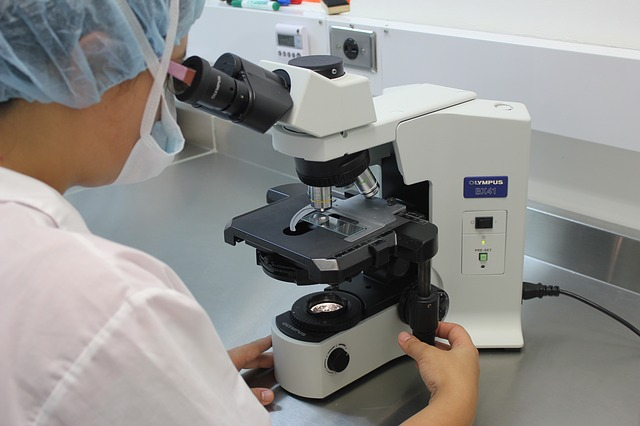
A research team claimed that they have developed an Artificial Intelligence (AI) program, which is capable of identifying microscopic marine organisms.
In the study, which was published in the journal Marine Micropaleontology, researchers stated that the newly developed AI program has proven capable of identifying six species of foraminifera or forams, which are the organisms that have been prevalent in world's oceans for more than 100 million years.
Edgar Lobaton, Associate Professor at the North Carolina State University said that at this point the program "correctly identifies the forams about 80 per cent of the time, which is better than most trained humans."
"We also plan to expand the AI's purview, so that it can identify at least 35 species of forams, rather than the current six," Lobaton further added.
While describing the study, the researchers said that the current system works by placing a foram under a microscope, which can take the photographs. An LED ring provides light onto the organisms from 16 directions, one at a time, while the microscope takes pictures of the foram with each change in light. Then the researchers combine these 16 images to receive as much geometric information as possible about the shape of marine organisms.
The study added that after collecting the information, the AI use the data to identify the foram's species.
As per Lobaton, "This work demonstrates the successful first step toward building a robotic platform that will be able to identify, pick and sort forams automatically."
The experts believe that the sure of AI has opened the path of exploration and development in the field of technology. From medical science to the IT sector, AI has provided a huge developmental opportunity in recent years.
Last month in January, Singapore's Nanyang Technological University (NTU) announced that they have joined hands with Germany's Max Planck Institute of Colloids and Interfaces (MPICI) to launch a joint lab to conduct research in artificial senses and develop innovative robotics and healthcare solutions which includes skin-like wearable devices that monitor health and environmental conditions, as well as enhance prosthetic devices with 'artificial sensing' capabilities.
They also added that this joint research would allow prosthetic devices to restore rudimentary sensory functions for patients, who have lost certain senses after a life-threatening accident.









